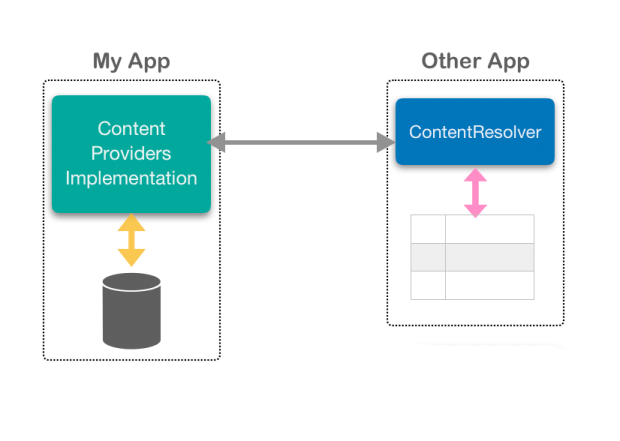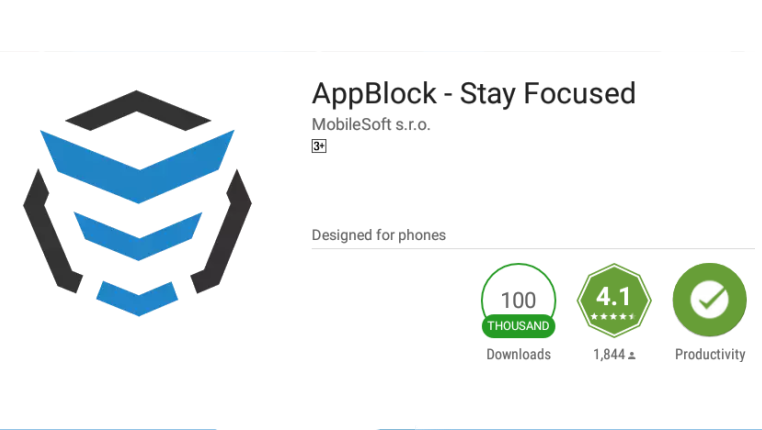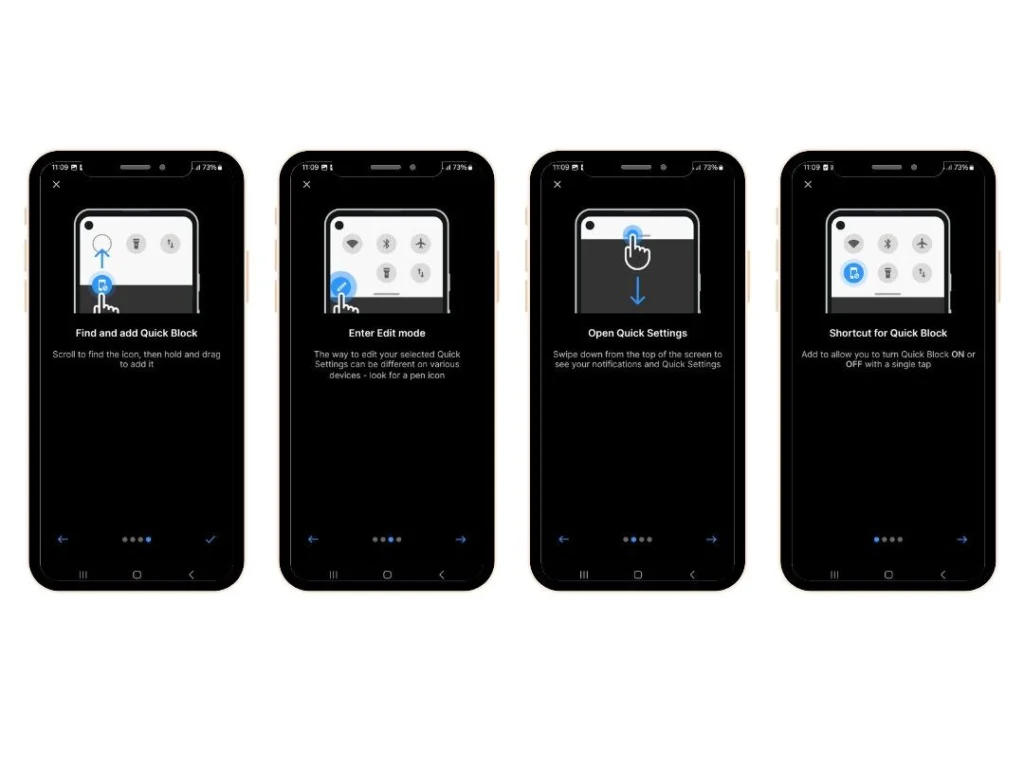If you’ve ever checked your Android logs or system reports, you may have come across a strange-looking link:
content://cz.mobilesoft.appblock.fileprovider/cache/blank.html
At first glance, it looks confusing and even suspicious. Many users wonder:
- Is this a virus or malware?
- Why is it on my phone?
- Should I delete it?
Don’t worry—this URI is not harmful. In fact, it’s part of how the AppBlock app manages distractions on your phone. In this article, we’ll explain in simple language what this URI means, why it appears, and whether you should be concerned. We’ll also dive into the technical side for developers who want to understand how content providers work in Android.
By the end, you’ll know exactly what this mysterious URI is, why it’s safe, and how it fits into the Android ecosystem.
What Is content://cz.mobilesoft.appblock.fileprovider/cache/blank.html?
In simple terms, this is a content URI created by the AppBlock app.
A content URI (Uniform Resource Identifier) is a type of address that Android uses to manage data between apps in a safe and controlled way. Unlike a direct file path, which shows the exact location of a file, a content URI hides the real path and acts as a secure gateway.
Breaking it down:
- content:// → Tells Android this is a content URI.
- cz.mobilesoft.appblock.fileprovider → Identifies AppBlock’s file provider.
- /cache/blank.html → A temporary cached HTML file created by the app.
So when you see this string, it doesn’t mean there’s malware on your device. It’s simply AppBlock using a placeholder file to manage blocked content.
Why Does This File Appear?
For General Users
AppBlock is designed to block distracting apps and websites. When it blocks a site, it often shows a blank or simple page instead of leaving you with an error. That’s where blank.html comes in—it’s a placeholder file stored in the app’s cache folder.
Think of it like a “Do Not Disturb” sign for your phone. Instead of letting you open a distracting website, AppBlock quickly loads a blank page from its cache.
For Developers
From a technical perspective:
- The file path is not a real file system path.
- It’s exposed via a FileProvider, which is part of Android’s secure system for sharing app data.
· AppBlock uses this cached HTML file for:
- Faster loading (no internet request needed).
- A smoother user experience (no app crashes).
- Security (no direct access to sensitive storage paths).
In short, it appears because AppBlock needs a safe, quick way to show a placeholder when it blocks something.
Is It a Virus or Malware?
The short answer: No, it’s not.
Here’s why:
- It’s a local cache file, stored on your device.
- It doesn’t send your personal data anywhere.
- Other apps cannot access it unless you give permission.
- It’s created and managed only by AppBlock.
This URI may look suspicious because of its long technical format, but it is entirely harmless.
Can You Delete It?
Technically, you could try clearing the AppBlock cache or deleting the file. But there’s no need to.
- Android automatically manages cache files.
- If you delete it, AppBlock will simply recreate it the next time you use the app.
- Deleting won’t improve performance or security.
The best approach is to leave it as it is.
About the AppBlock App
To understand why this file exists, it helps to know what AppBlock does.
AppBlock is a productivity app created by MobileSoft. Its main goal is to help you stay focused by blocking apps, websites, and notifications that distract you.
Key Features of AppBlock
- App and Website Blocking: Stop yourself from opening time-wasting apps or sites.
- Smart Scheduling: Automatically block distractions during work hours, study time, or at night.
- Focus Mode: A strict mode that makes it harder to bypass blocks.
- Usage Analytics: Shows how much time you spend on each app.
- Custom Rules: Block based on Wi-Fi, location, or time.
The blank.html file is just one of the tools AppBlock uses to redirect you away from distractions without breaking your user experience.
Developer’s Perspective: Content Providers in Android
What Is a Content Provider?
A content provider is an Android component that manages data sharing between apps. Instead of raw file paths, it uses secure content URIs.
They are used for:
- Contacts
- Images and videos
- App data
Why AppBlock Uses It
- Keeps user data safe.
- Simplifies file sharing inside the app.
- Ensures smoother performance with cached files.
Pros of Content Providers
- Secure
- Standardized
- Reliable
Cons
- Slightly complex to implement
- Can be slower than direct file access
According to Android’s official developer documentation, content providers are the recommended way to share app data safely.
Comparison With Other Focus Apps
How does AppBlock compare with other apps like Forest and Stay Focused?
| Feature | AppBlock | Forest | Stay Focused |
|---|---|---|---|
| App Blocking | ✅ Yes | ❌ No | ✅ Yes |
| Website Blocking | ✅ Yes | ❌ No | ✅ Yes |
| Scheduling | ✅ Yes | ✅ Limited | ✅ Yes |
| Focus Mode | ✅ Yes | ✅ Yes (Tree) | ✅ Yes |
| Analytics | ✅ Yes | ❌ No | ✅ Yes |
Step-by-Step: How AppBlock Uses Blank.html
- You open a blocked website.
- AppBlock intercepts the request.
- Instead of showing the website, it loads blank.html.
- You see a safe placeholder page instead of distraction.
This process is quick, safe, and happens behind the scenes.
(FAQs)
Q1. Is content://cz.mobilesoft.appblock.fileprovider/cache/blank.html dangerous?
No, it’s a harmless cache file created by AppBlock.
Q2. Can other apps access this file?
No, unless you explicitly grant them permission.
Q3. Should I delete blank.html?
No, there’s no need. It’s managed automatically by Android and AppBlock.
Q4. Does this URI mean my data is exposed?
No, your personal data is safe. The file is local and doesn’t transmit information.
Q5. Why does it look so complicated?
Because Android uses content URIs instead of simple file paths for better security.
Conclusion
The string content://cz.mobilesoft.appblock.fileprovider/cache/blank.html may look intimidating, but it’s not a threat. It’s simply part of how the AppBlock app manages its blocking process.
- It is not malware.
- It does not expose your data.
- It does not need to be deleted.
As long as you install AppBlock from official sources like the Google Play Store, you can use it with confidence.




